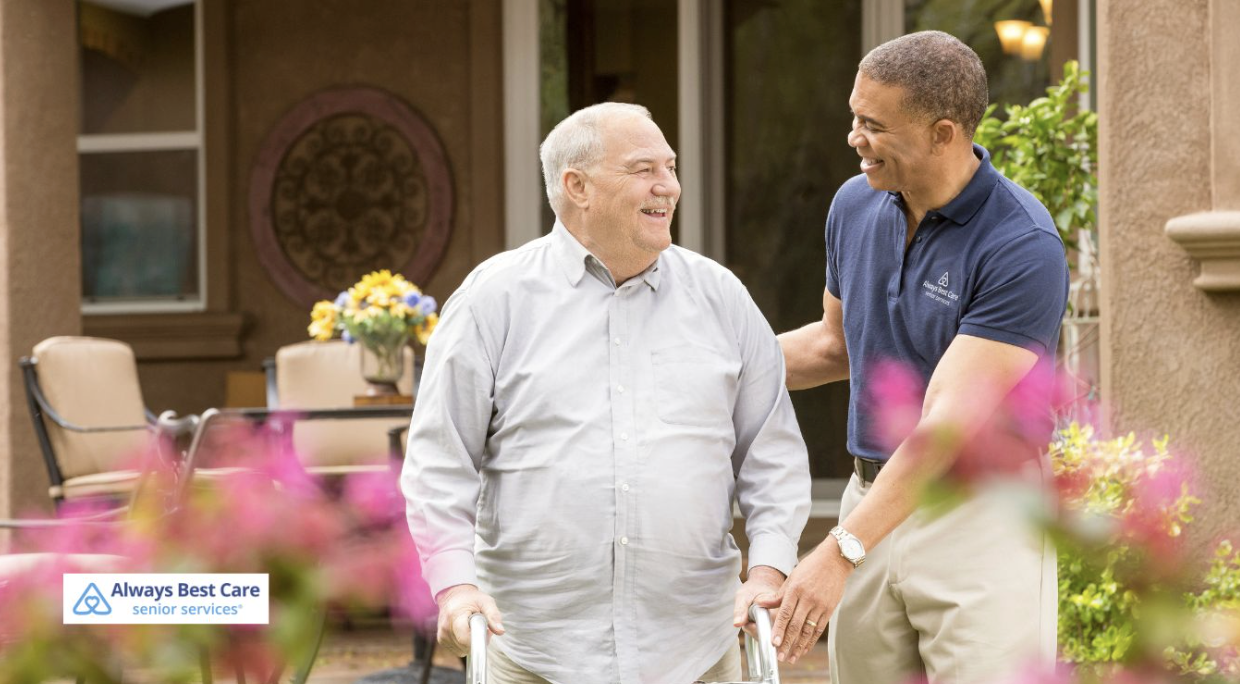10 Frequently Asked Questions about Hospital-to-Home Services in West Monroe, LA
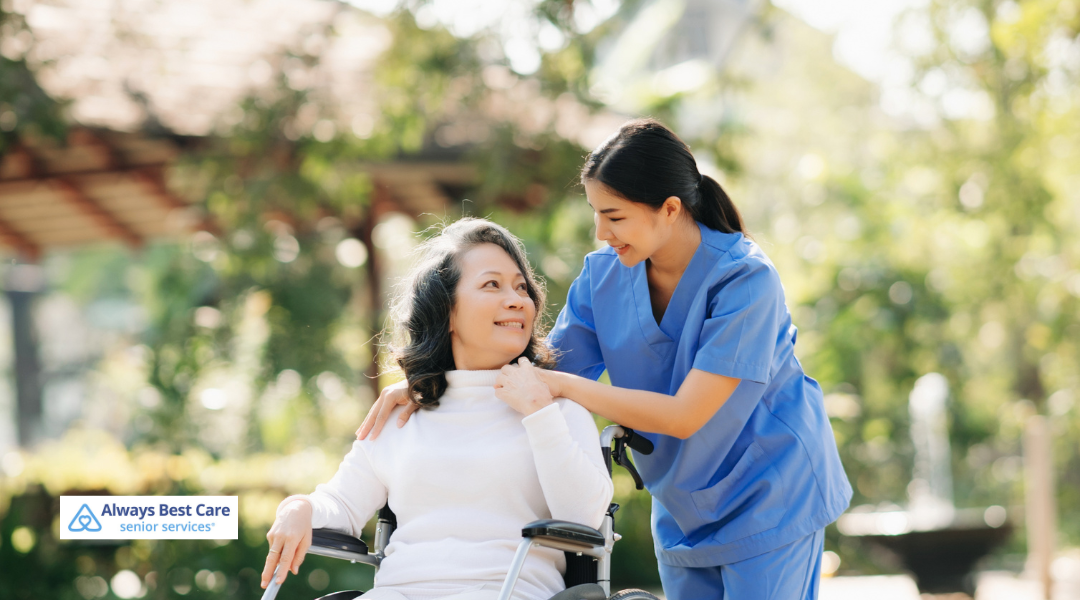
Transitioning from the hospital to home can be a daunting experience for both seniors and their families. While the comfort of home is welcome, the recovery process often requires careful planning and attention to ensure a smooth and safe transition.
Always Best Care of West Monroe, is dedicated to providing personalized hospital-to-home services that help families navigate this challenging time with confidence. Whether it’s managing medication, providing physical therapy, or making the home safer, the goal is always to create an environment where your loved one can recover comfortably.
In this article, we’ll answer the top 10 frequently asked questions about hospital-to-home services in West Monroe, LA.
What you will learn:
- The range of personalized services Always Best Care provides to ensure a smooth hospital-to-home transition.
- How Always Best Care helps monitor your loved one’s safety and well-being throughout recovery.
- The flexibility and quick response of Always Best Care to arrange services, including respite care for family caregivers.
- How hospital-to-home services can be tailored to your loved one’s needs, including home modifications and ongoing care options.
1. What Specific Services Does Always Best Care Provide During the Transition from Hospital to Home for My Parent?
When it’s time to bring your loved one home, Always Best Care offers a variety of essential services designed to ensure a smooth and safe recovery. These services include personal care assistance, medication management, companionship, and more.
Our caregivers are trained to handle medical needs and provide emotional support, ensuring your parent is as comfortable and well-cared-for as possible during the transition.
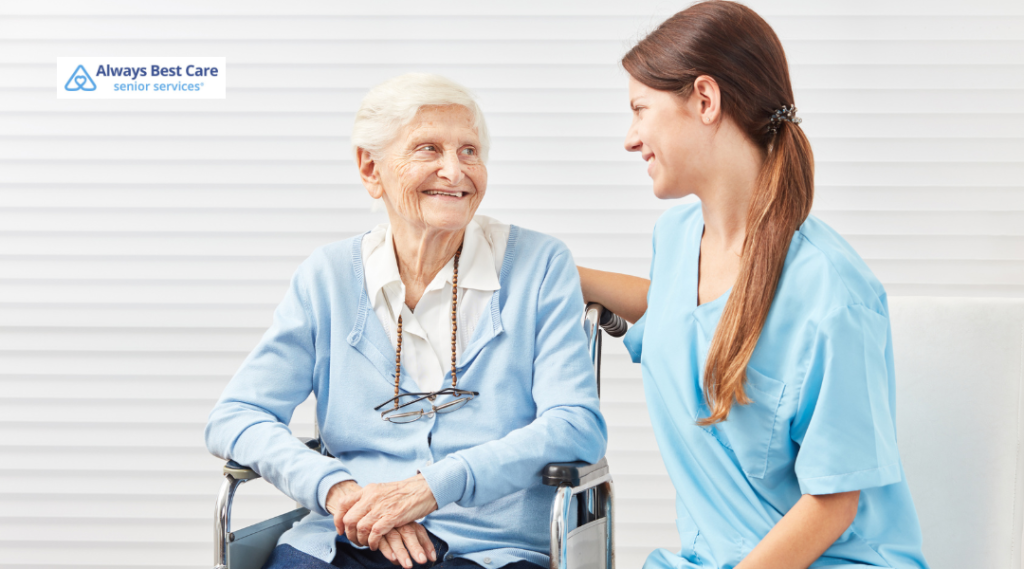
2. How Does Your Team Ensure the Safety of My Parent When Returning Home After Surgery or Illness?
Safety is a top priority when transitioning from hospital to home. At Always Best Care, we take several steps to ensure your parent’s safety. Our caregivers are trained to prevent falls by making sure that all pathways are clear and accessible.
We also conduct home safety assessments to identify potential hazards and suggest modifications if necessary, such as installing grab bars or ensuring proper lighting. Additionally, caregivers monitor medication schedules and follow up on any post-discharge instructions from doctors to avoid complications.
3. Are Your Caregivers Trained to Manage Medication Schedules and Post-Discharge Instructions from Doctors?
Yes! Our caregivers receive extensive training to handle medication management with the utmost care.
They’re skilled at following doctors’ post-discharge instructions, including administering prescribed medications, tracking dosages, and ensuring that your loved one stays on schedule. This not only promotes recovery but also prevents any possible missteps that could delay the healing process.
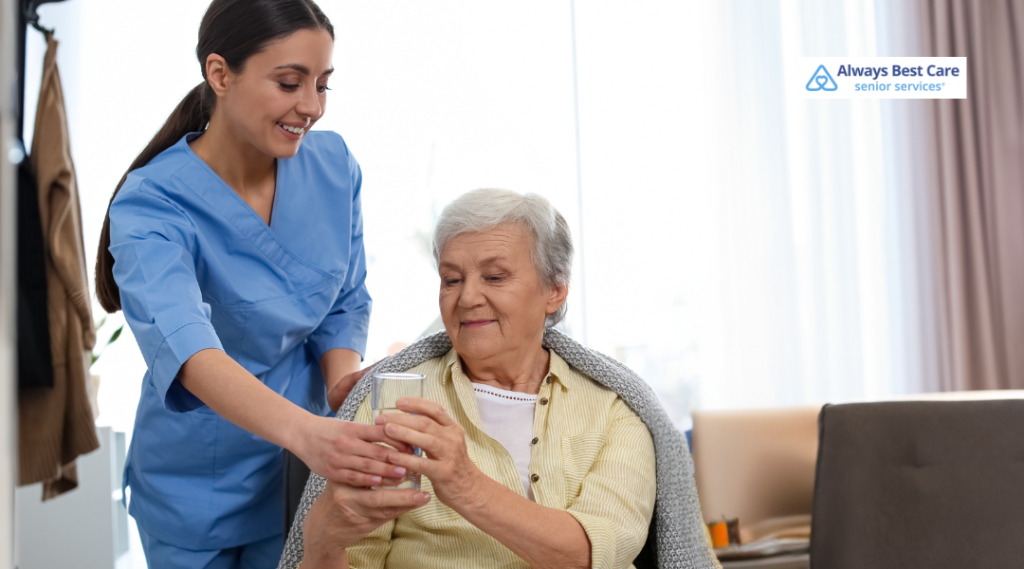
4. What Kind of Support Can You Provide if My Parent Needs Help with Mobility or Physical Therapy Exercises?
We understand that mobility challenges are common after a hospital stay. That’s why our caregivers are equipped to assist with mobility, whether it’s helping your parent move from room to room, supporting them as they regain strength, or assisting with physical therapy exercises prescribed by their healthcare provider.
We work closely with physical therapists to ensure that the exercises are done safely and effectively, promoting a quicker recovery.
5. How Quickly Can Always Best Care Arrange for Hospital-to-Home Services After a Discharge Notice?
Once we receive a discharge notice, we can arrange services as quickly as needed. We understand that the discharge process can happen unexpectedly, and we’re committed to being flexible and responsive. Our team will coordinate with the hospital to ensure your parent’s transition is seamless, and we’ll schedule a caregiver to arrive on the same day if needed. This way, your loved one doesn’t have to wait for the care they deserve.
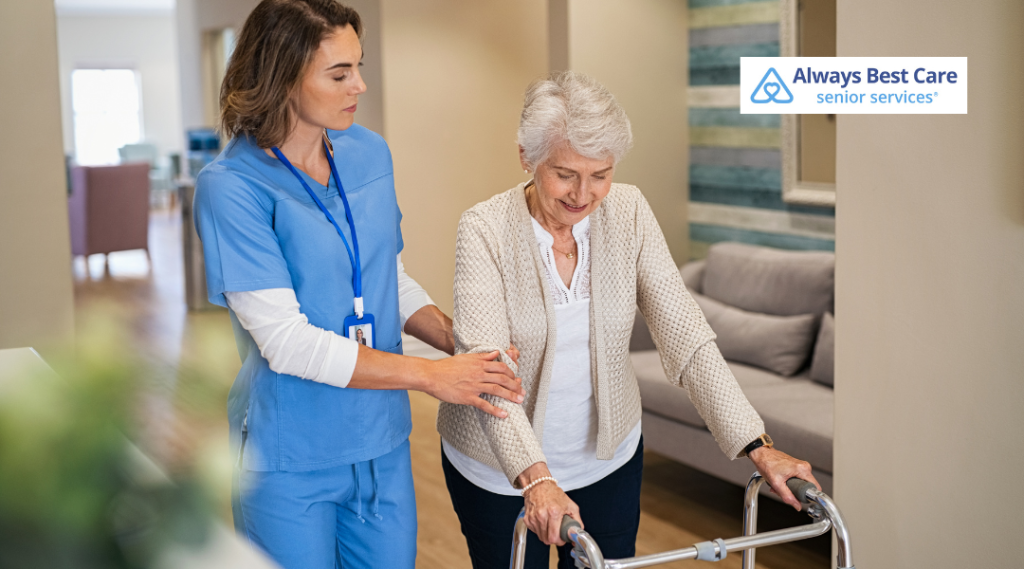
6. Will My Family Be Involved in Developing My Parent’s Care Plan? How Do You Communicate with Us?
Yes, family involvement is critical in creating a personalized care plan. At Always Best Care, we believe in working closely with families to develop a plan that meets your parent’s needs and preferences.
We’ll keep you informed every step of the way through regular communication, including phone calls and care updates. Whether you prefer in-person meetings, phone calls, or emails, we tailor our communication to fit your needs.
7. Do You Offer Respite for Family Caregivers Who Need a Break During Recovery?
Absolutely! We know that caregiving can be overwhelming, especially during recovery.
That’s why we offer respite care for family caregivers. Whether you need a few hours to run errands, take a nap, or simply recharge, our caregivers will step in to provide reliable care for your loved one. This way, you can rest easy knowing that your parent is in good hands.
8. How Do You Monitor My Parent’s Health Status to Prevent Complications or Readmissions?
Our caregivers are trained to monitor your parent’s health on a daily basis, tracking vital signs, assessing their overall well-being, and watching for any signs of complications that might require medical attention. Regular health checks help catch potential issues early, which can prevent readmissions to the hospital. We also coordinate with your parent’s doctor to ensure that all medical needs are being met and that recovery is progressing as expected.

9. Are Hospital-to-Home Services Covered by Insurance, Medicare, or Other Assistance Programs?
Many families wonder if hospital-to-home services are covered by insurance. In some cases, insurance and Medicare may cover a portion of the cost for hospital-to-home care, especially if it’s deemed medically necessary.
Always Best Care works with various insurance providers and can help determine the best way to make these services affordable. We’re here to assist you with understanding coverage options and will work with your insurance company to ensure you’re getting the care your parent needs.
10. Can You Help Adapt My Parent’s Home to Make It Safer for Their Return? What Modifications Might You Suggest?
Yes, we can help with home modifications to ensure that your parent’s return home is as safe and comfortable as possible.
Our team can assess your home for potential risks and recommend modifications such as installing grab bars in the bathroom, ensuring proper lighting in hallways, and setting up ramps for easier access. These changes can make a world of difference in your loved one’s recovery and day-to-day comfort.
Frequently Asked Questions
Q: How long will it take to get my parent set up with hospital-to-home services?
A: Typically, we can arrange services within hours of receiving the discharge notice. We understand the urgency and are ready to jump into action right away.
Q: Is there a minimum number of hours for hospital-to-home services?
A: We offer flexible service plans based on your needs. Whether you require just a few hours of care a day or full-time assistance, we can customize a plan that works for you and your parent.
Q: Can my parent receive ongoing care after the transition home?
A: Yes! After the transition, we offer long-term care services if needed, including companionship, personal care, and specialized medical support.
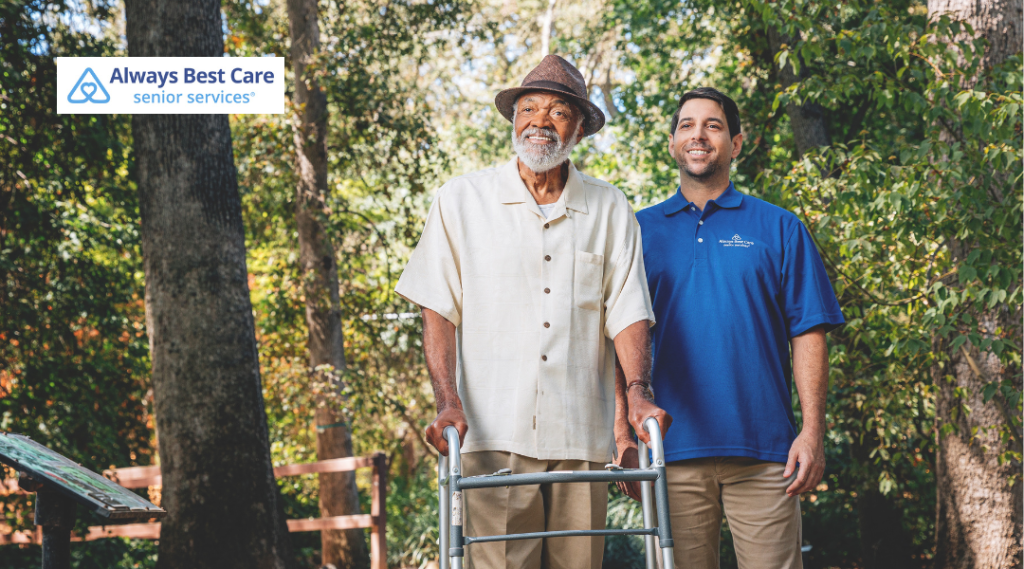
Ready to Make Your Loved One’s Transition Home Easier?
Hospital-to-home services are an essential part of ensuring a smooth recovery for your loved one. At Always Best Care of West Monroe, we’re here to provide the support and expertise your parent needs to recover safely and comfortably at home.
From medication management to home modifications, we ensure that every detail is covered so your loved one can focus on healing. If you have more questions or want to schedule a consultation, don’t hesitate to contact us at (318) 588-7763 today. We’re here to help make this transition as easy as possible.


